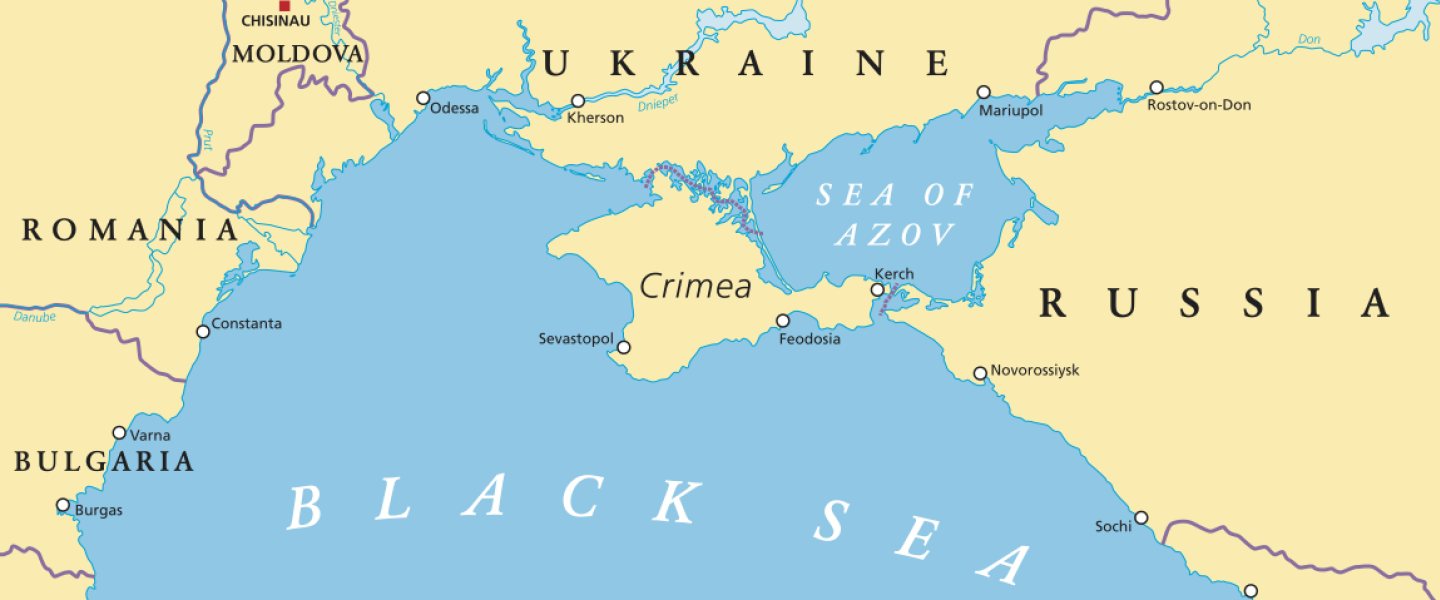Human Rights at Sea has closely monitored events in the Black Sea and Sea of Azov unfold with increasing concern. The war between Russia and Ukraine has critical implications for seafarers.
We have a number of concerns that we call upon the IMO to address in their forthcoming Extraordinary Session.
Ways must be found urgently to ensure the safe evacuation of seafarers and vessels from the Black Sea and Sea of Azov who find themselves in a war zone. The Ukrainian Maritime Authority reports that there are around 100 foreign flagged vessels in Ukrainian ports unable to leave. This places those vessels and their crew in serious danger.
This danger can be most clearly seen by the targeting of non-combatants including merchant vessels. It was reported last week that at least one seafarer lost their life after the vessel they were serving on was struck in crossfire. In addition to this tragedy, a number of other merchant vessels have been struck.
As vessels flagged in Russia or owned by Russian parties are unable to dock in UK and EU ports, there must be clarity from these states that their duties under international humanitarian law will be maintained. The seafarers on these vessels are not combatants and if there is an emergency, states must respond to this as they have a duty to, despite docking restrictions. We call on the UK and EU States to clarify this in their guidance to ports.
Finally, we need to understand how companies will pay their Russian workforce now that Russia has been removed from the SWIFT banking system. Russian seafarers account for around 10.5% of the maritime population. They will have families reliant on their income to survive and ways must be found to ensure that they are not in effect being asked to work without salary.
We call on the IMO in their Extraordinary Session to focus on the many thousands of seafarers caught up in the conflict through no fault of their own. We also call on all states and maritime companies to work together to ensure the safe evacuation of seafarers who wish to leave the Black Sea and Sea of Azov.
This statement is supported by InterManager and Human Rights at Sea.
